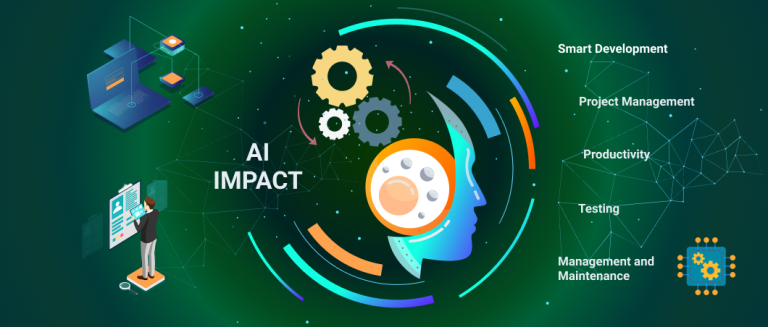With the rapid advancement of AI technology, ethical considerations have become a growing concern. As AI becomes more powerful and integrated into our daily lives, questions about privacy, bias, and decision-making have surfaced. Machine learning algorithms, when trained on biased datasets, can unintentionally perpetuate or even exacerbate existing social inequalities.

For instance, AI-powered facial recognition systems have been shown to have higher error rates when identifying people of color. Additionally, AI algorithms used in hiring or loan approval processes may unintentionally discriminate based on race, gender, or socioeconomic status if not carefully monitored.
Developers and organizations must prioritize ethical AI development by ensuring transparency, fairness, and accountability. As AI continues to evolve, addressing these ethical issues will be crucial in building a fairer, more inclusive digital future.



